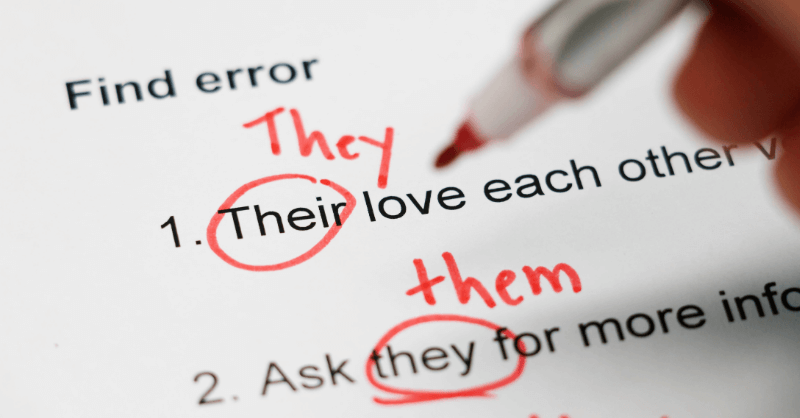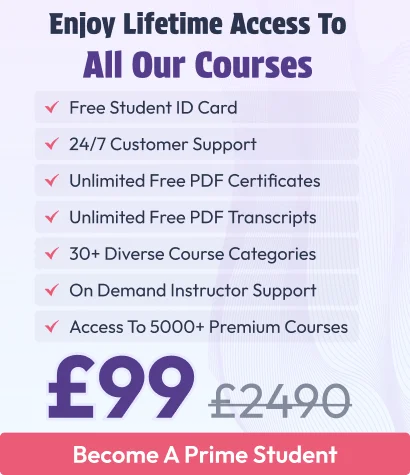13 Powerful Strategies for Personal Effectiveness
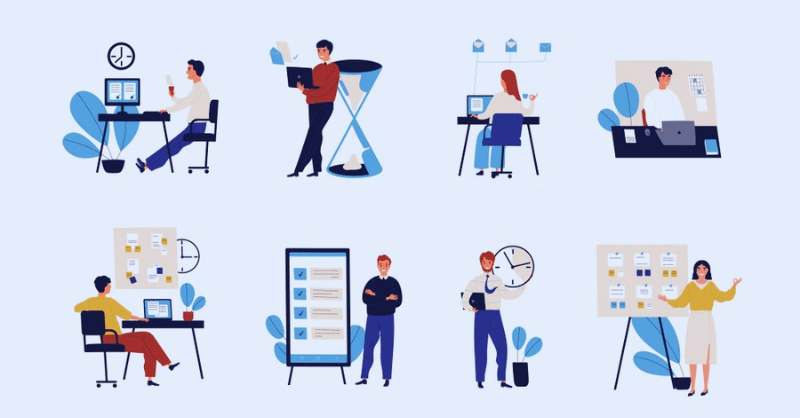

![]() 26 minutes
26 minutes

57406 Viewers
Summary:
Personal effectiveness is essential for success in both personal and professional life. It involves mastering key skills such as time management, emotional intelligence, stress management, and self-confidence to achieve goals efficiently. People with high personal effectiveness tend to reflect on their performance, set clear objectives, and consistently strive for improvement. Mastering personal effectiveness means utilizing one’s strengths, overcoming challenges, and managing resources effectively. Personal effectiveness also includes skills like optimism, determination, persistence, and the ability to solve problems. It is a mindset that helps individuals achieve higher productivity and success, tailored to their unique goals.
What is Personal Effectiveness?
Personal effectiveness refers to the ability to achieve goals and objectives efficiently while managing time, resources, and priorities effectively. It involves making the most out of one’s strengths, skills, and opportunities to enhance productivity and success in various aspects of life, including work, relationships, and personal development.
You could also think of it as an approach to success that can help you reach the objectives you set for yourself. It will require utilising all of your energy, skill, and motivation for the cause. So, if you were an individual with adequate personal effectiveness, you would constantly strive to achieve more. You would also want to advance your career and develop personally and professionally.
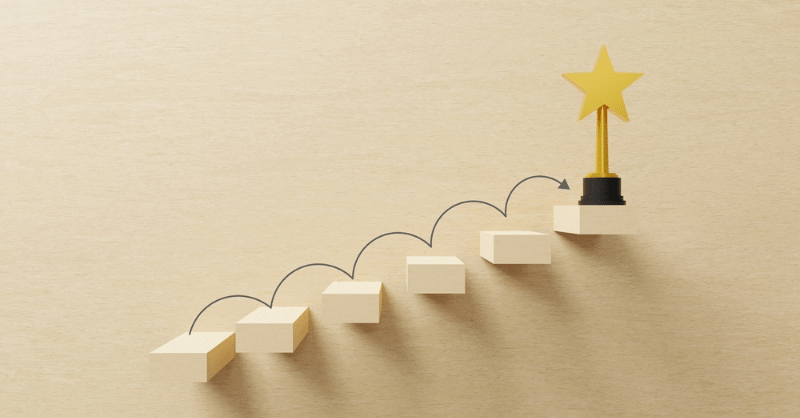
However, it can mean different things to different people. For example, we each have our own standards of victory and accomplishment. So, it’s only natural that achieving the highest level of personal effectiveness will seem different for everyone. From another perspective, personal effectiveness can be about taking ownership and responsibility for your life, work, and results.
So what does personal effectiveness mean? It basically means getting the best out of yourself in any situation. It’s about reaching your full potential by achieving a level of productiveness that’s better than average.
Find the Course That Suits You!
e-learning course provider.
13 Personal Effectiveness Skills You Need To Master
Applying personal effectiveness in real life depends on individual goals and skills. But it also depends on how well they can utilise the resources at their disposal with the highest level of effectiveness.
Nevertheless, people with good personal effectiveness tend to have certain skills and abilities. Here are 13 personal effectiveness skills you need to master.
- 1. Reflection
- 2. Emotional Intelligence
- 3. Determination
- 4. Self-confidence
- 5. Time Management
- 6. Optimism
- 7. Stress Management
- 8. Persistence
- 9. Self-Motivation
- 10. Problem-Solving
- 11. Growth and Development
- 12. Communication
- 13. Organisational Skills
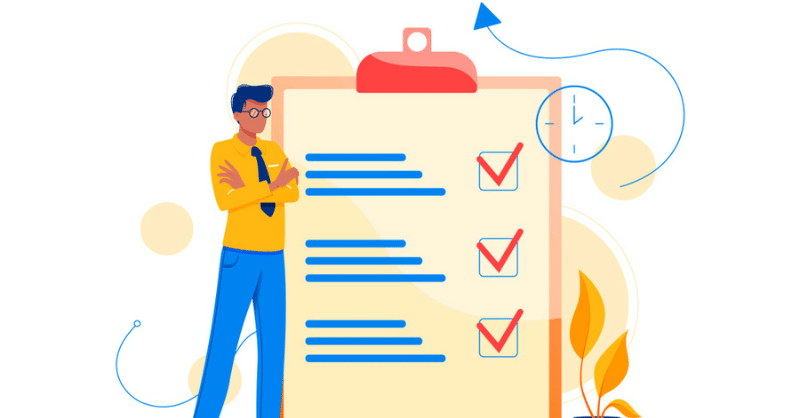
1. Reflection
In your personal effectiveness journey, one of the first things you need to master is – reflecting on what personal effectiveness looks like to you. It means scrutinising your skills, abilities and experiences to improve how you learn or work.
Reflection allows you to identify your skills and see how effective they are. So, you assess how you are doing and make any necessary changes to your plans. Also, you’ll understand your performance standard and specify your goals at work or in your personal life.
It’s a valuable skill that can help individuals and professionals gain experience and improve their confidence and self-awareness. It can also help manage work stress, improve emotional intelligence and develop critical thinking ability.
2. Emotional Intelligence
Emotional intelligence facilitates personal effectiveness. Emotional intelligence means the ability to recognise, assess and positively influence one’s emotions. It’s about having an excellent understanding of yourself and those around you.
The ability to identify, understand and manage emotions makes a person more reliable. It helps you plan what you can get done realistically and makes it easier to deal with sudden changes or situations. People with high emotional intelligence tend to make better decisions. Also, they are better team players and are more successful managers and leaders.

3. Determination
Personal effectiveness stems from determination. Determination helps achieve specific goals without being distracted by external things. Developing self-discipline is the path to attaining determination and, eventually, personal effectiveness.
If you are determined, you are more likely to motivate yourself to achieve your goals. Also, you’ll be less likely to be set back by any issues you may encounter in the process.
So, to improve your determination, you’ll need to figure out what you want. But, no matter what you aim for, knowing what outcome you are expecting will keep you motivated, even if things get complicated.
4. Self-Confidence
One thing that’s common in people with personal effectiveness is that they are usually more confident. That’s because they better understand themselves and their abilities. With a clear idea about your best work, you will be more confident in your skills and articulating your talents.
Self-confidence largely stems from self-awareness, knowing your actions and consequences, and trusting yourself. And it can be manifested in appearance, speech, gait, dressing and physical condition.
To develop self-confidence, you must understand yourself and your capabilities better. Also, you must develop a positive attitude and believe you will eventually succeed by executing the proper steps and achieving the right goals.
5. Time Management
A crucial part of personal effectiveness is the ability to accurately plan and carry out tasks to reach your goals. And excellent time management skills are vital for making specific and realistic plans and ensuring that you meet deadlines.
Time management refers to a person’s ability to plan and manage how they spend their time to accomplish their objectives effectively. Without the proper time management skills, achieving goals within the set timeline would be challenging. Thus, it will have a negative impact on personal effectiveness.
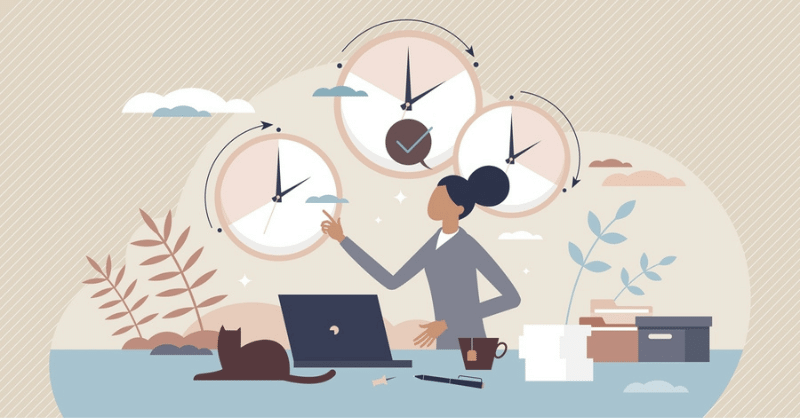
But you can use various time management techniques to help you use your time more effectively. The first step is knowing how you spend your time. Secondly, you organise your professional or personal tasks based on priority. Thirdly, you create a schedule to take care of the most critical tasks first, followed by tasks that are not urgent but still important. Lastly, you must stick to your plan.
6. Optimism
People with personal effectiveness are driven to bring positive changes in the world. And they have the will to achieve their goals and what they want out of life. But, for that, they must believe there’s more to achieve, and it’s worth fighting for.
Also, optimism is the key to believing that changes can actually happen. It promotes the determination needed to keep marching forward to grab what you want and give your best.
However, always maintaining a general air of optimism and having a positive attitude can be difficult. The usual ‘slings and arrows’ of daily life can wear down even the happiest person. Here are a few ways that might help promote personal effectiveness.
- Move on from setbacks and engage in another goal or priority.
- Focus more on the positives – think of your glass as ‘half-full’ rather than ‘half empty’.
- Have a positive attitude when facing changes – treat them as opportunities rather than problems.
- Take a long-term perspective and focus on the ‘big-picture’.
7. Stress Management
Most people are affected by stress to some extent, at work or in their personal life or both. But unfortunately, stress can quickly turn an effective person into an unproductive one. So managing stress is crucial for achieving personal effectiveness.
The first step to managing stress is acknowledging that you are feeling stressed. And then, you make a plan to deal with stress effectively. It’s a vital aspect of making progress and working effectively.
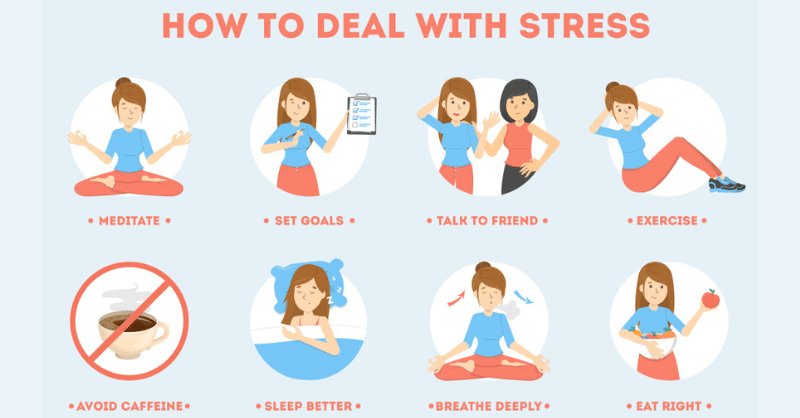
Effectively managing stress helps tie all the other aspects of personal effectiveness, so you can understand yourself better. When you know what’s stressing you out, you can find ways to combat those. This will help you avoid or reduce stressful situations and function more efficiently.
8. Persistence
Persistence is key. Persistence is quite similar to determination, but it requires one to be more resilient. If you try once, meet an obstacle and give up right after that, you are more likely not to meet the expected results. And this is one of the main reasons people fail or don’t reach their true potential.
But that’s not the case for highly effective people. They march forward regardless of all the stones thrown their way. These obstacles can be anything – from external forces and laziness to mental health or emotional well-being. So, if you can focus on the end goal and overcome the obstacles along the way, you can achieve almost anything.
To achieve personal effectiveness and be persistent, you need to keep moving forward regardless of emerging obstacles. And you need to be resilient in your drive to achieve. Also, you have to be highly motivated and don’t let any problem get in your way.
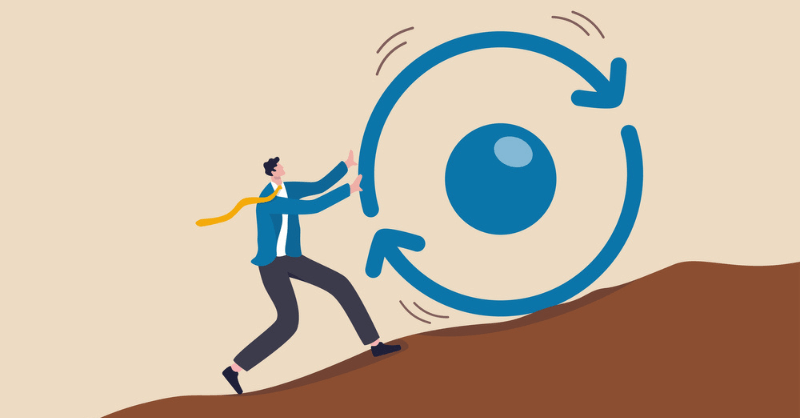
You can also develop your persistence with many self-discipline exercises. It’ll help you follow through on tasks and assignments despite of mental roadblocks.
9. Self-Motivation
A prerequisite for personal effectiveness is finding motivation within yourself without relying on external factors. When you are motivated, executing your plan and reaching goals is much easier when you are motivated.
Motivation gives you the drive to keep pushing forward, to improve personal effectiveness. So, it’s important that you understand what motivates you and use that knowledge to push yourself out of your comfort zone.
In most workplaces, you’ll have someone checking up on your progress and offering support to reach set objectives. But you will need to motivate yourself if you want to reach beyond the expected definition of success.
During difficult times, many of us rely on support and encouragement from others. But, in the end, you are the only one who can make a real difference in your life. That’s why you have to motivate yourself.
10. Problem-Solving
Problems are a part of everyday life. No matter what you do or what your responsibilities are – you can not avoid problems. And a critical aspect of personal effectiveness competency is being able to solve any problems that come your way.
Problem-solving shows your aptitude for assessing situations, analysing information, finding alternatives and choosing the best possible solution to a problem. Solving problems on the fly improves your efficiency when you chase a goal.
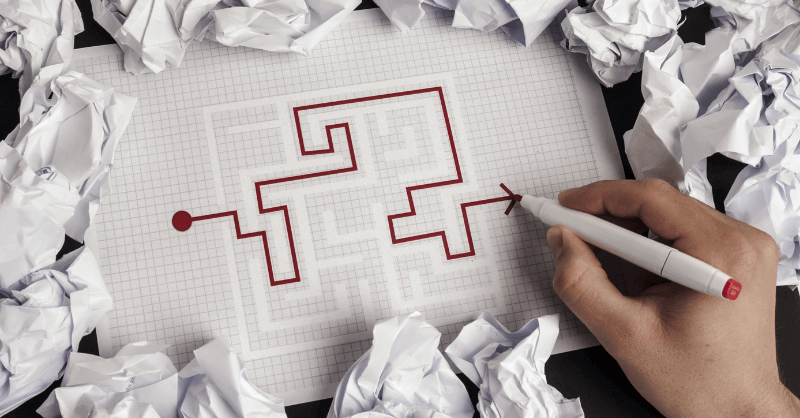
This helps you think of new ideas, find better ways of doing things, make it easier for people to understand something or help save time and money. These are all extremely valued by any organisation. This is especially true for high-risk, uncertain or changing work environments.
11. Growth and Development
Growth and development are ongoing processes. It involves self-awareness, continuous assessment and conscious efforts for improvement. Accepting constructive feedback, setting learning goals and developing skills ensure that you are on the right track to achieving personal effectiveness.
You should take responsibility for your own learning and development. For example, you can utilise self-assessment, reflect on events, and ask for feedback to develop capabilities or modify your behaviour.
12. Communication
Communication is an integral part of our lives. That’s true for both personal and professional aspects. Achieving personal effectiveness is nearly impossible without effective communication skills.
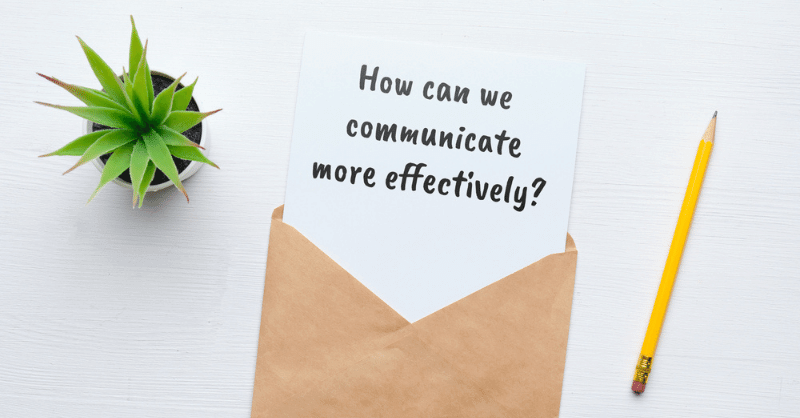
In this dynamic world, you can’t do everything by yourself. Chances are you are part of a team, working with a team, or leading a team. Without proper communication, you won’t be able to convey your goals and ambitions to others who might have a significant role to play in your personal effectiveness journey.
Also, ineffective communication can result in a catastrophic situation and hamper the decision-making process and reduce your personal effectiveness at the same time.
13. Organisational Skills
Organisation skills are one of the most critical skills for acquiring personal effectiveness. To consistently be on top of your game, give your best and develop yourself, you need to be well-organised.
Organisational skills let you prioritise while staying focused on different tasks and use available resources effectively and efficiently to achieve the desired result. This is also a key aspect of personal effectiveness – using all available resources and maximising your productivity level to get things done. Therefore, excellent organisational skills are vital if you want to be a highly effective person.

These are the 13 personal effectiveness skills you need to master for better career prospects and a better life. They will enable you to achieve more and significantly increase your personal effectiveness.
Developing personal effectiveness can be quite a challenging endeavour. It requires commitment and effort, but the benefits are worth it. You can take training to develop personal effectiveness. Ultimate Personal Development Course: Physical, Mental, Psychic & Spiritual is effective in that regard. You’ll be able to learn the necessary personal skills to develop yourself to be an effective individual with the self-confidence to succeed in life.
What is Personal Effectiveness in the Workplace?
Personal effectiveness in the workplace is all about performing to the best of your abilities. By achieving personal effectiveness in the workplace, you will be able to manage your time well, stay on track, and meet all deadlines. And you’ll be able to ensure that you are giving your best and maximising your abilities.
Depending on personal goals, any of the following goals can be seen as a standard for personal effectiveness:
- Deliver high-quality work
- Positively influence others
- Advance in your career
- Make a lot of money
- Gain expertise in a specific field
- Maintain successful relationships
- Earn admiration from co-workers and superiors
However, a person might be expected to demonstrate personal effectiveness through specific behaviours, skills, and knowledge for particular jobs.
Utilising your skills and time is essential to achieve personal effectiveness. Whether you are working in HR or you are a strategist, a manager, or a business owner, personal effectiveness is pivotal for ultimate success.
What are Examples of Personal Effectiveness Skills?
Examples of personal effectiveness would be the personal qualities, employability skills and self-management skills that help a person take ownership and control their professional development. Here are a few examples of personal effectiveness skills –
What are the Four Components of Personal Effectiveness?
As an individual, when you constantly challenge yourself and go the extra mile to perform at your highest ability, that’s when you can actually maximise your personal effectiveness. You can achieve your personal and professional goals by utilising the available resources to their fullest extent. This is how you can make a difference while everyone runs after mere success.
There are four components of personal effectiveness that you can work towards. They are –
- 1. Ownership
- 2. Execution
- 3. Discipline
- 4. Learning Agility
You can learn more about these four components of personal effectiveness below.
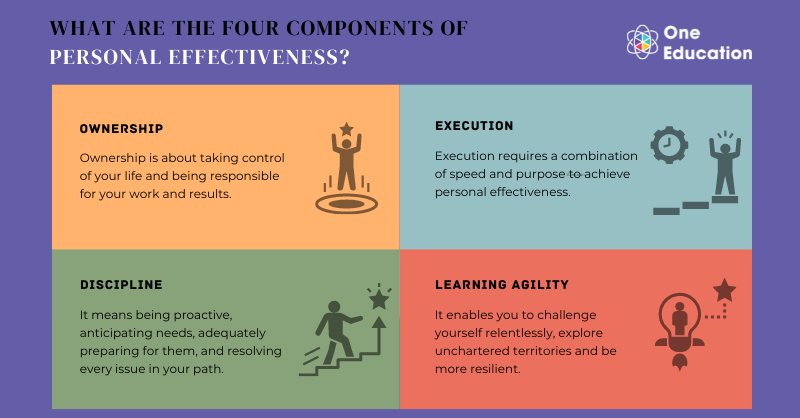
1. Ownership
Ownership in personal effectiveness is about taking control of your life and being responsible for your work and results. It means knowing what you want, where you’re going, and everything related to your work. Understanding how something can impact the outcome of your work is also part of it. Of course, that would require you to assess what you already have – your skills, experience, and job expectations.
To simplify, ownership in personal effectiveness requires you to be result-oriented or outcome-focused in any endeavour.
2. Execution
For execution, one needs to be focused on why they’re doing the job and how to reach the end goal quickly. So it depends. Would you say you’re fast and efficient? Or do you just go with the flow aimlessly?
A combination of speed and purpose is a must for proper execution. So, personal effectiveness will be within your reach if you can master the art of speed, work with a sense of purpose and search for perfection.
3. Discipline
Discipline is more than ‘orderly or prescribed conduct or pattern of behaviour’. In gaining personal effectiveness, you’ll require discipline. In today’s world, discipline is a multifaceted concept.
Today’s environment requires constantly being on top of every issue. Also, recognising risks and actively mitigating them is critical for success. Discipline in personal effectiveness doesn’t mean you have to be rigid. It means being proactive, anticipating needs, adequately preparing for them. And it results in you successfully resolving every issue in your path.
4. Learning Agility
Learning agility is the last component of personal effectiveness. Having a growth mindset and constantly learning to keep up with the changing world can be the thing that differentiates you from the crowd. In addition, a sense of curiosity, wonder, and humility can help you reach heights you’ve never thought of before.
So, you must challenge yourself relentlessly and explore unchartered territories without fear. Breaking the barriers of ambiguity and becoming resilient to changes will help you achieve personal effectiveness.
Why is Personal Effectiveness Important?
Personal effectiveness is a trait that facilitates positive well-being. And it’s an integral part of leading a successful and fulfilling life. For instance, it can help you achieve the following –

Moreover, focusing on enhancing personal effectiveness allows you to ponder what you want to achieve in your personal and professional life. Overall, people with good personal effectiveness skills are better to work with as they are motivated, engaged, organised, and consistently deliver the promised outcome.
So, developing personal effectiveness skills will make a huge difference if you want to reach greater success in your life.
Importance of Personal Effectiveness in the Workplace
Increasing Personal Effectiveness in the workplace also supports various organisational goals. For example –
You’ll also have a diverse range of other initiatives important to management and leadership. That’s why it is imperative that you practice personal effectiveness.
Find the Course That Suits You!
e-learning course provider.
How Can You Increase Personal Effectiveness?
So, how can you become more personally effective? First, you must know where you stand and what you want to achieve. Then you can decide how to acquire the necessary skills and invest your time and effort to become more personally effective.
How do You Evaluate Personal Effectiveness?
To demonstrate personal effectiveness, you first need to understand your highest performance level. Then you can determine what personal effectiveness looks like for you and figure out how to achieve that.
Testing for Personal Effectiveness Checklist is a Personal Competence Indicator provided by Chartered Management Institute. You can check this to evaluate your personal effectiveness.
This test covers the following areas of personal effectiveness –
How to Improve Your Personal Effectiveness at Work?
“How can work effectiveness be improved?” is a common question for people looking to get ahead in their careers. So, here are a few ways to maximise your personal effectiveness at work.
Set SMART Goals
Your path toward achieving personal effectiveness starts with setting a SMART goal. A goal that is SMART – Specific, Measurable, Achievable, Realistic, and Time-bound.
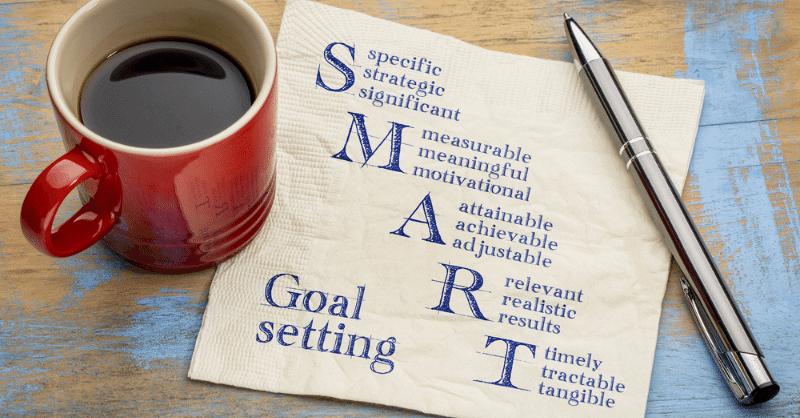
Your goals must be well-defined to the most minor details. And the SMART goals method helps to push further, gives a sense of direction, and helps reach your goals with more certainty. A SMART goal and proper plan are essential to modify your behaviour and improve performance.
Work to Your Strengths
We often spend so much time working to strengthen our weaknesses that we forget to capitalise on our strengths. It is wise to put all your skills, energy, talent, and resources into something that heightens your strengths.
Know When to Give Yourself a Break
You can only give your best when you are at your best. It’s a fact. That’s why knowing when to stop and recharge is crucial to personal effectiveness.
Take some time to reflect and relax every day to be on your game the next day. This will help you recuperate from the excruciating demands of life and create space in your mind and life to think more clearly and be more productive at work.
Continuous Learning and Development
Another critical component of improving your personal effectiveness is constantly learning and developing your skills and abilities. For example, you can attend seminars, participate in workshops or training, or read a book, and you will live a life of constant learning.
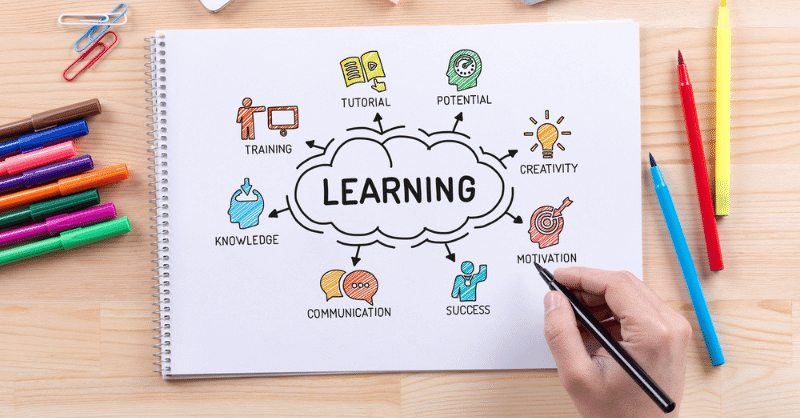
Develop Positive Self-Perception
Motivation and positive self-perception go a long way in achieving personal effectiveness. Doubting yourself only hinders you from reaching your potential. Accept that you can do it and that you have what it takes to achieve this goal.
Develop Agility
Uncertainty is inevitable, so embracing it will help you become resilient to change. Agility helps an individual adapt and blend in well with the developments and changes around them.
Also, the ability to work swiftly, seamlessly, and cohesively to generate increased productivity and engagement levels are valued in every organisation. So, continuously unlearning and relearning is crucial to staying relevant today. Nurture your curious mind and develop the habit of questioning with humility.
Seek Feedback from Others
Sometimes, we aren’t the best judge when it comes to ourselves. So, request feedback from someone who knows you well. It could be your colleague, boss, or friend. You might be surprised by the feedback. Compare the feedback and find areas of improvement, repeat the process or seek guidance from a professional or mentor.
What are the 7 Habits of Highly Effective People?
The 7 Habits of Highly Effective People was introduced in a self-help book written by Stephen R. Covey. He describes effectiveness as the balance of obtaining desirable outcomes with caring for those that produce those results.
Here are the 7 habits of highly effective people –
- 1. Be Proactive
- 2. Begin with the End in Mind
- 3. Put First Things First
- 4. Think Win-Win
- 5. Seek First to Understand, Then to Be Understood
- 6. Synergise
- 7. Sharpen the Saw
The first three habits focus on self-mastery and moving from dependence to independence. The next three emphasise developing teamwork, collaboration, and communication skills. The last one is focused on continuous growth and improvement and embodies all the other habits.
How Can You Show Effectiveness at Work?
Knowing how to work effectively can positively impact your work, productivity, and mental health. Here’s how you can work effectively and show your personal effectiveness at work.
What is the Relationship Between Motivation and Personal Effectiveness?
Motivation is the willingness to work towards achieving a goal, and personal effectiveness is the ability to work to the best of your abilities. The relationship between the two is how they facilitate each other. Without motivation, you can not achieve personal effectiveness. Therefore, you need to be very motivated, stay focused, and strive toward success.
What are Personal Effectiveness and Self-Management?
Self-management (otherwise known as self-control or self-regulation) means regulating one’s emotions, thoughts, and behaviours effectively in various situations. It may lead to contributing innovative ideas, applying critical thinking skills and being a self-starter.
On the other hand, personal effectiveness means getting the best out of yourself by utilising available resources.
Summary
Personal effectiveness is more than just a habit you cultivate. It’s a way of life you need to possess. Once you know how to own it, you’ll see how efficient and effective you can be. It’s such an accomplishment! And that’s what it’s all about: you – being the best and most effective version of yourself!

But personal effectiveness can mean something entirely different for someone based on their career, personal life, and goals. But as a general rule, it means utilising all of your skills, talent, and energy to reach your objectives in your life.
Many hope to improve their personal effectiveness but are unsure where to start. Here’s how – take this Ultimate Personal Development Course: Physical, Mental, Psychic & Spiritual and let the learnings take you to higher grounds of success! You can also maximise your personal effectiveness by working to your strengths, knowing when to recharge, and through continuous learning and development.
Understanding your own personal effectiveness level may take some time, but the benefits of this awareness and drive are infinite!
FAQs
1. How to improve personal effectiveness?
Improving personal effectiveness involves setting clear goals, managing time efficiently, and enhancing communication skills. It also requires prioritizing tasks, staying organized, and seeking feedback for continuous improvement.
2. How can you achieve personal effectiveness?
Achieving personal effectiveness involves setting clear goals, managing time efficiently, developing strong communication skills, and continuously improving oneself through learning and feedback.
3. What behaviors should the individual persist in demonstrating for sustained effectiveness in their role?
Consistently exhibit effective communication, time management, and problem-solving skills. Embrace adaptability, prioritize tasks efficiently, and maintain a positive attitude. Continuously seek opportunities for self-improvement and growth.
4. How will you show personal effectiveness for career preparedness?
Demonstrate personal effectiveness by mastering time management, communication skills, and goal setting.
5. Why is personal effectiveness important in the workplace?
Personal effectiveness is crucial in the workplace because it helps individuals achieve their goals efficiently, enhances productivity, and fosters a positive work environment. It enables employees to manage their time effectively, prioritize tasks, and adapt to changing circumstances, ultimately leading to greater job satisfaction and career success.
6. What is personal effectiveness how can you improve your personal effectivenes?
Personal effectiveness refers to the ability to accomplish tasks efficiently and achieve desired goals. To improve personal effectiveness, individuals can focus on enhancing their time management skills, setting clear goals, prioritizing tasks effectively, developing strong communication abilities, honing problem-solving techniques, and continually seeking opportunities for self-improvement and growth.
7. What does personal effectiveness mean to you?
Personal effectiveness refers to the ability to efficiently achieve goals and fulfill responsibilities in both personal and professional realms. It entails utilizing one’s skills, time, and resources optimally to accomplish tasks and navigate various situations effectively. This includes effective communication, time management, decision-making, and problem-solving skills, all of which contribute to enhancing productivity and overall success in different aspects of life.
8. What behaviors should the individual persist in demonstrating for sustained effectiveness in their role?
For sustained effectiveness in their role, individuals should persist in demonstrating consistent behaviors. These behaviors include maintaining clear communication, setting achievable goals, prioritizing tasks effectively, adapting to changes, seeking feedback for continuous improvement, and fostering positive relationships with colleagues. By consistently displaying these behaviors, individuals can enhance their personal effectiveness and contribute more effectively to their roles and responsibilities.
9. How will you show personal effectiveness for career preparedness?
You can demonstrate personal effectiveness for career preparedness by honing skills such as time management, communication, problem-solving, and adaptability. Additionally, setting clear goals, being proactive, and continuously learning and improving are key aspects of showcasing personal effectiveness in readiness for one’s career.
10. What one or two capabilities do you want to build to help you achieve your goals?
One or two capabilities you may want to build to help achieve your goals could include effective time management skills and strong communication abilities. These skills can empower you to prioritize tasks efficiently and convey your ideas clearly, ultimately enhancing your effectiveness in pursuing your objectives.
The latest
Never Miss An Update
Get weekly industry tips sent straight to your inbox










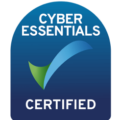




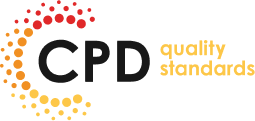



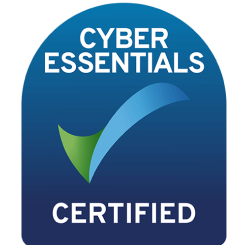

Important Links
With a team of industry professionals producing and delivering our course content, you can be sure the skills and knowledge you learn are applicable to your career aspirations, whether that’s in management, administration or beyond.




